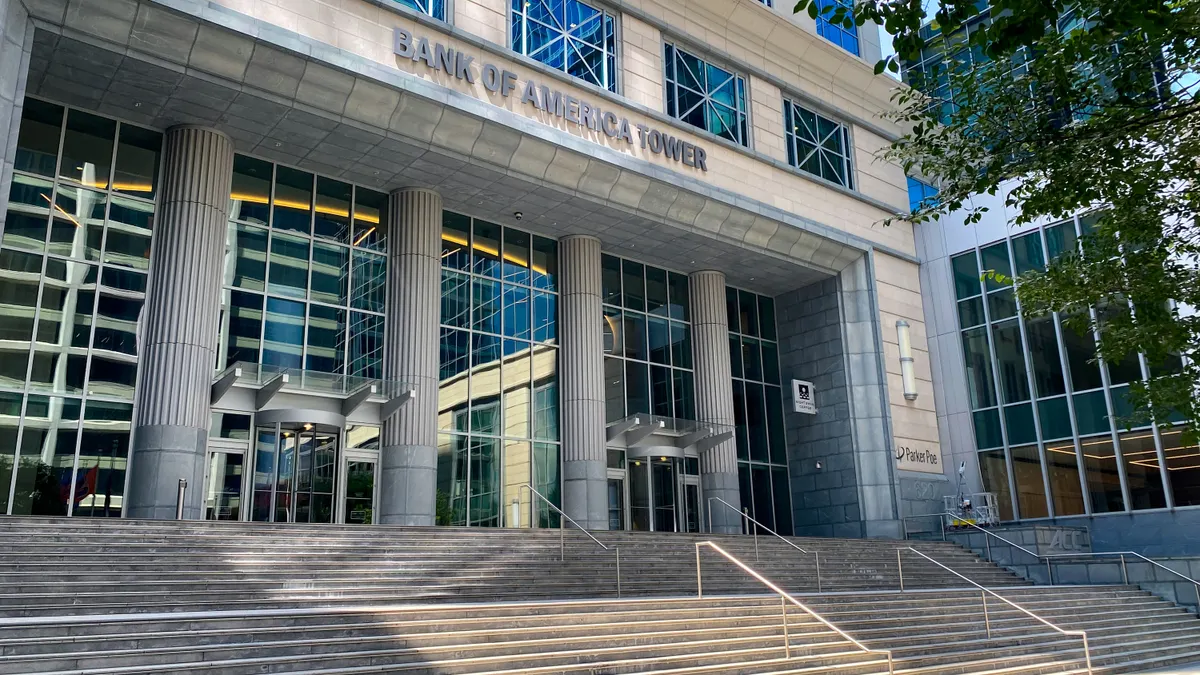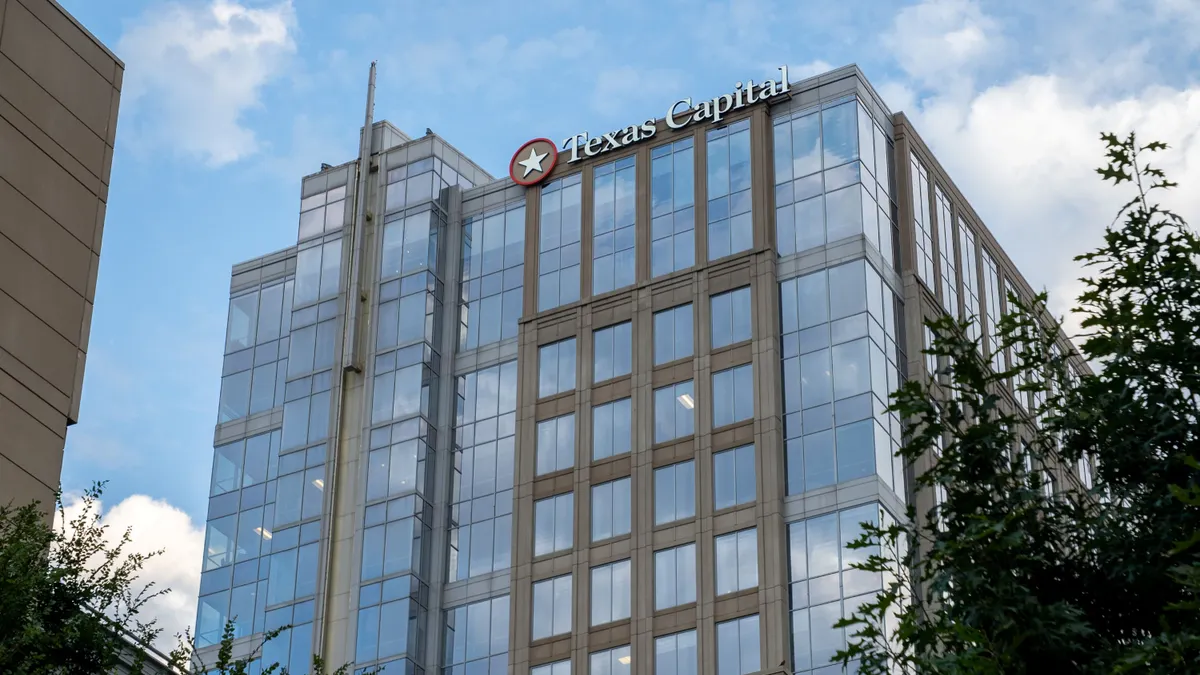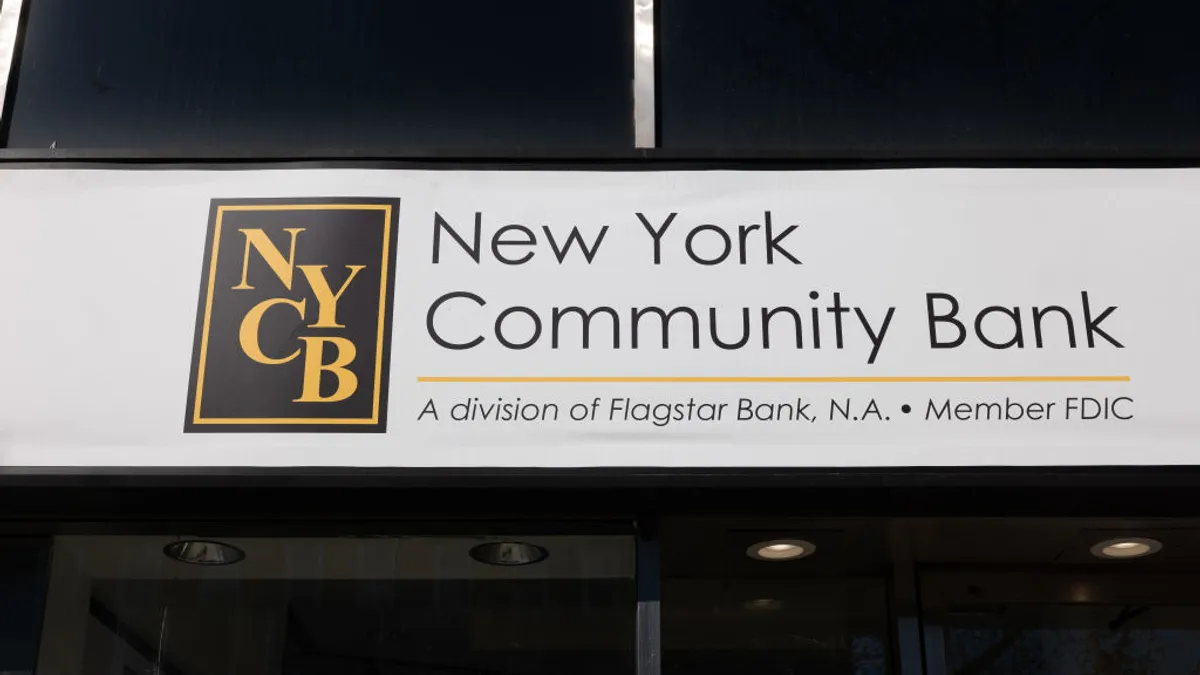In March 2023, less than a month after a group of Black investors said they were purchasing a Utah community bank, Silicon Valley Bank failed.
That led Redemption Holding Co. to do “a hard reset” with its acquisition of Holladay Bank & Trust, said Ashley Bell, the holding company’s CEO.
Bank valuations tumbled and “there was a lot of uncertainty at that time, from a regulatory posture, about what was going to be the new benchmark of scrutiny,” he said.
Bell moved to reprice the deal given the valuation shift post-SVB, snagging what he said was a better return for investors. He declined to comment on the terms of the deal, although he said “it’s about the same price to start a bank from scratch, de novo.”

On the regulatory approvals side, “we did see an expedited sort of interest in getting this across the finish line” after the November election, Bell said.
The deal closure, announced Thursday, marks the first time an existing U.S. commercial bank has become a Black-owned depository institution through acquisition. And the lender, which becomes the 24th Black-owned bank in the country, stands as a counterbalance to the dwindling number of Black-owned financial institutions. The Federal Deposit Insurance Corp. counted 47 Black-owned banks as of 2022.
“It worked out for us,” Bell said of the process, which kicked off in December 2022. “It just took longer than we would have expected.”
‘A great test of capitalism’
Bell and his co-owners, Bernice A. King, daughter of the late Martin Luther King Jr., and former NFL player and investor Dhani Jones, had to assess whether a Black-owned bank could survive in the largely white Salt Lake City metro area, when Black-owned lenders are generally launched within Black communities.
“We felt this was a great test of capitalism,” he said.
The group aimed to raise at least half of the needed capital within Utah, “so that people there would have a vested interest” in the bank’s success, Bell said. They were able to do that, counting the Huntsman Family Foundation, the Larry H. & Gail Miller Family Foundation and Ally Financial as investors.
Bell declined to share how much the group raised in total. About 65% of voting shareholders are African-American small-business owners, said Bell, who’s also founder and CEO of Black-owned fintech Ready Life.
Holladay, founded in 1974, is a one-branch community bank serving the Salt Lake City area. The bank, which had about $65.7 million in assets as of March 31, has a clean balance sheet, management willing to stay after the deal closes, and is consistently profitable – an “extraordinarily rare starting point for a Black-owned bank in America,” Bell said.
Bruce Jensen, former CEO of Town & Country Bank in Utah and a longtime banker in the state, has been tapped as Redemption’s CEO, Bell said. Katie Spratling, daughter of Holladay Bank’s founder, will remain the bank’s president, Bell said.
As for whether Holladay customers will remain with Redemption, “that was the main question,” he said. “I think we’ve answered it.”
Bell and King engaged in a “full-court press” in 2023 to draw attention to the acquisition, to see whether the bank could change hands and accounts would remain at the lender, if “the only thing that really changed was the color of the people that owned it.”
The bank has not seen a significant drop in assets, other than a small dip immediately after SVB failed, Bell said. At the time the deal was announced in March 2023, the bank had $68 million in assets.
The next hurdle is the official bank name change from Holladay to Redemption in about two months, he said, “and we’ll do the work.”
Leaning into digital capabilities, expansion
The majority of the bank’s customers will be entrepreneurs as the lender focuses on commercial and small-business lending, said Bell, a former White House policy adviser for entrepreneurship and regional administrator with the Small Business Administration.
The bank is building a “robust” tech platform it plans on launching in the latter half of 2025 to serve small-business customers, Bell said.
“We see ourselves as a minority version of Ally,” Bell said, adding that the investor group considers the Utah-chartered digital lender a “mentor bank” that is “helping us start this journey of being fully digital.”
That digital journey is imperative to reach younger generations, Bell said.
“Many of the entrepreneurs who need our services are gig economy workers who see Cash App and Venmo as their bank,” he said. “We have to bridge that gap.”
The bank’s board and investors believe physical presence is essential, too, although the bank will think outside the box in adding brick-and-mortar locations, Bell said. He envisions Redemption establishing locations outside Utah that would be similar to Capital One cafes, forgoing vaults and deposit boxes to concentrate on financial wellness and community services.
“We will lean into expansion,” he said, citing proximity to college campuses, including those near Atlanta or Baton Rouge, Louisiana, as a potential focus.
Formerly redlined communities still lack banks, Bell said, and Redemption wants to show younger consumers “every bank is not the same.”
In 1968, when MLK called on Black Americans to move their money to Black-owned banks, there were some 145 Black-owned lenders in the U.S., Bell noted. Today, “it’s a sad state of affairs,” he said.
Bell said he hopes Redemption has created a blueprint for more Black banks to emerge and grow, although he stressed that in the current banking landscape, lenders can’t rely on serving one group of people in a finite location, he said.



















